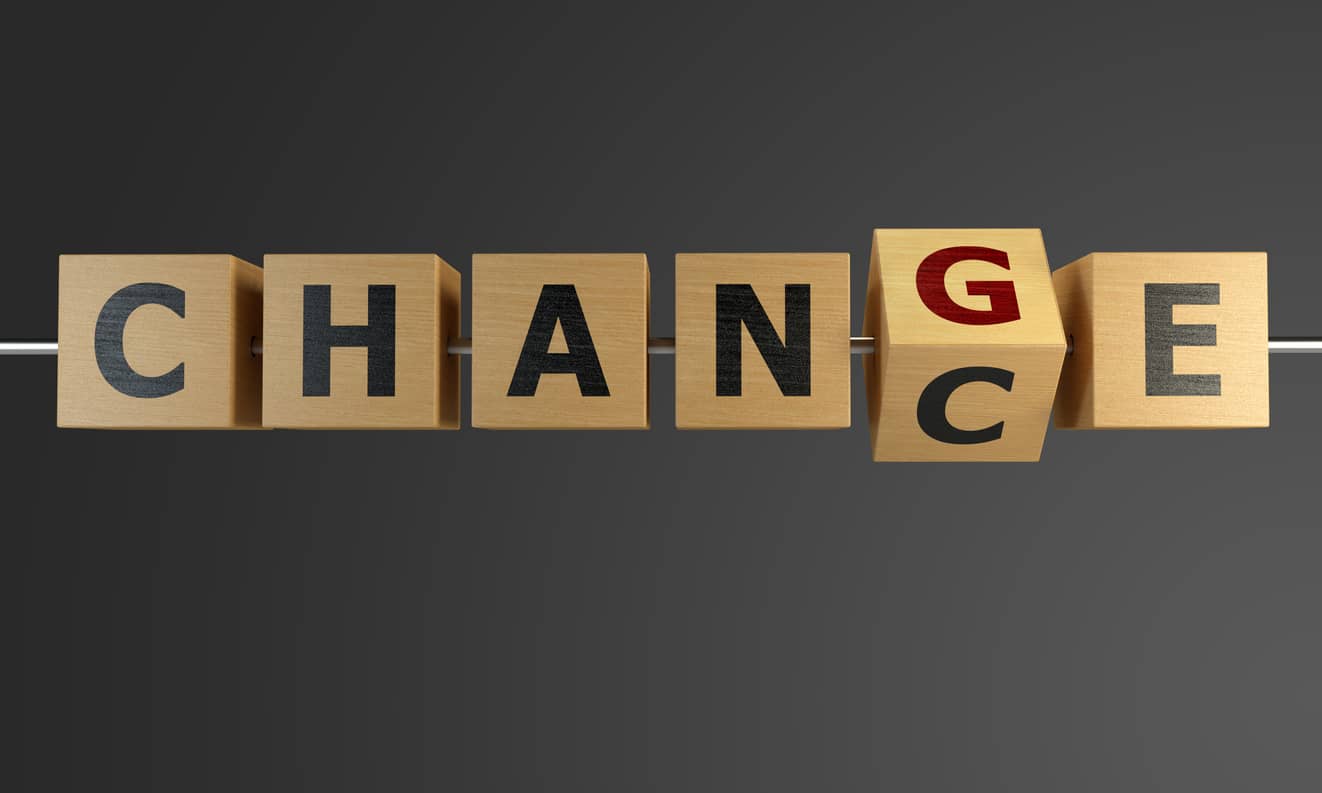Overcoming is an oxymoron. We are in charge of our lives, so when we say we want to "overcome" a bad habit, we’re actually saying that we are giving our power to something that we don’t approve of. We can’t “overcome” ourselves. Real and lasting change comes from self-love and acceptance.
So why do we keep doing things that we know are detrimental to our health?

For example, a sugar addiction, lack of exercise, or working too much. Why do we keep NOT doing things we know would be good for our health and happiness: eating healthy foods, running, meditation, saving money, etc.? The same holds true for relationships. We know criticizing our partner or arguing is unhealthy for our relationship, but we fall into that same behavior time and time again. Why?
The Cul-de-Sac of Bad Habits: Shifting Our Mindset
We all desire to change old, destructive habits and upgrade them with new, better-serving habits. How do we deal with the resistance and procrastination that surfaces when it comes to doing what's right for us and our relationships?
One of the reasons we get stuck in unhealthy behavioral patterns is because we judge ourselves. The process of change first requires us to release the judgment we have of ourselves and replace it with self-acceptance and self-compassion. But how can we accept that which is "bad," "wrong," or "unloving"? It is not the behavior we accept; it is our self.
The next step is getting curious without making yourself wrong. This curiosity is vital to self-transformation. It’s so important that we give ourselves loving-kindness and supportive space to be human and to strive for our best selves. (This would be considered a growth mindset.) Then it is easier to move to a better, healthier place.
Turn chance to CHANGE by supporting yourself with curiosity and encouragement.

When we go against what we know is best for us, we are making a choice. Whatever we'd consider negative behavior (such as Netflix binging when a project is waiting for completion, cheating on a test, nagging your husband, or gossiping), I call this behavior “mischief.” All mischief (doing what you don't want to do or not doing what you DO want to do) has an underlying need.
Uncover the Driving Force of Bad Habits
Discover the need that is fueling your mischief or unhealthy habit and you're on your way to becoming a better version of yourself!
Don't ask why you do what you do.
Ask yourself: “What do I NEED that these actions provide me?”
All of our behavior is driven by needs.
- Do you need comfort and nurturing?
- Do you grab convenience food due to a hectic schedule?
- Do you need downtime and solitude?
- Do you nag your partner or yell at your kids because you feel overwhelmed and need support?
- Do you procrastinate because you need to celebrate your accomplishments? (Maybe you're resisting that woodworking project because you've just accomplished a major goal and want to delight in your achievement.) Instead of judging yourself or your behavior, get curious.
An underlying need drives every behavior.

Meet the Need: Change Your Habits, Change Your Life
After you know what the need is driving your behavior, next ask yourself, “How can I meet this need in a more loving, healthy, productive way?”
Here's a different example of a need driving behavior. For most lunches, I was grabbing a yogurt. It was easy and fast, but it wasn’t the best choice for me due to my diary sensitivity. So I explored the need driving the behavior.
With a very full client schedule, I often don't have time to go out for lunch or have a leisurely lunch hour. I needed fast convenience while still nourishing myself. To support myself, I bought prepackaged protein drinks and had a caterer make ready-made salads and fresh juice for me. Then I had nutritious food to grab quickly, solving the problem of time and convenience. (Sometimes I still snatch a yogurt because it tastes more satisfying and nurturing, but it happened a lot less.)
Related reading: "Break Bad Habits by Rewiring Your Brain."
Why It Takes More than Willpower and Discipline to Change Unhealthy Habits
We all have basic needs that make us human. As explained above, these needs fuel our behavior. Why would you have to force yourself to do something you already want to do or be?
No amount of discipline or overcoming will get you to stop a behavior if you're not listening to the real need fueling the behavior. By sheer willpower, you may be able to fool or force yourself for a while, but eventually, you’ll revert to the old way. The power of habit is just too strong. Or the need will create a variation of the behavior.
Discover the unmet need underneath your behavior and meet it! Then, you won't need willpower or discipline.
Keep your focus on the person you want to be and also be compassionate with your present self. Self-acceptance of where you are and a clear vision of the person you want to be helps you make wiser, more mindful choices. Meet your needs; then your actions will align with your truest values and desires and naturally replace your mischief (bad habits).
Be kind to yourself, and you'll find yourself more easily making changes to be your best self.
And if you'd like to have a mentor on the path of self-discovery or a life coach to encourage and hold you accountable, email us at support@heartmanity.com.








